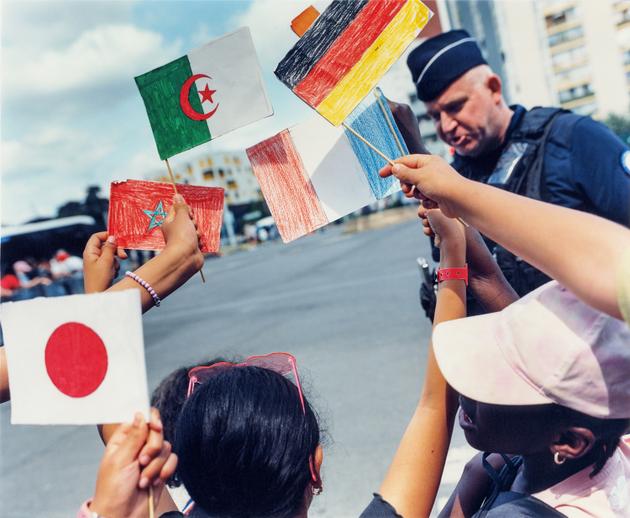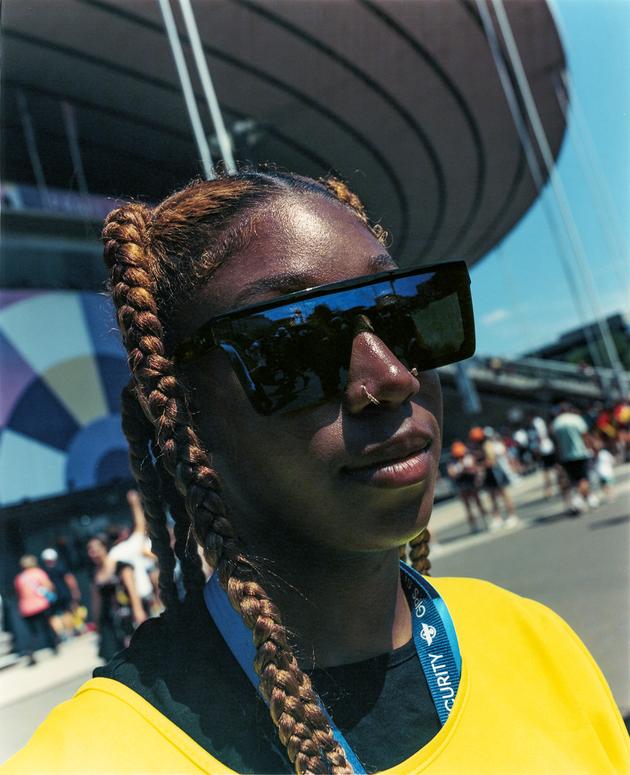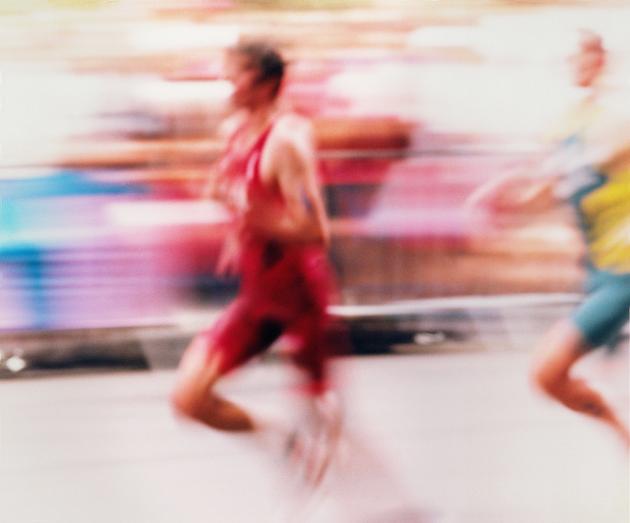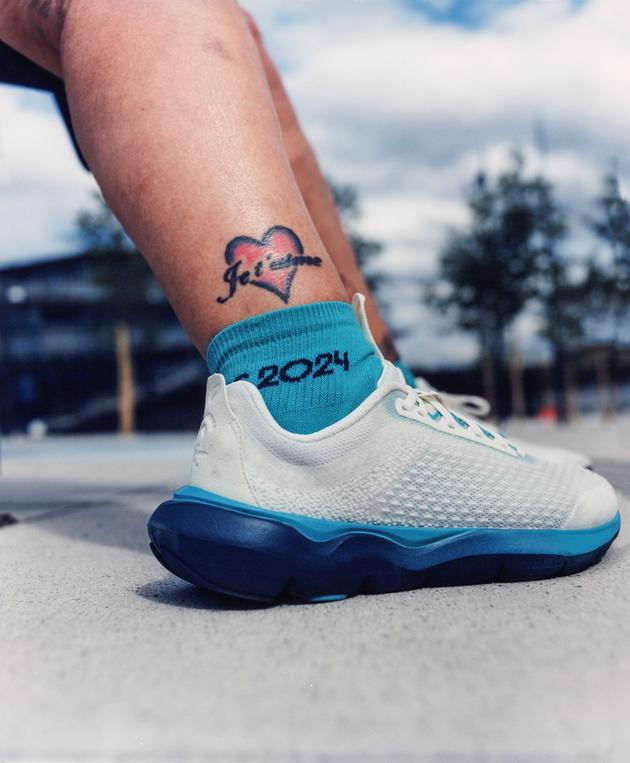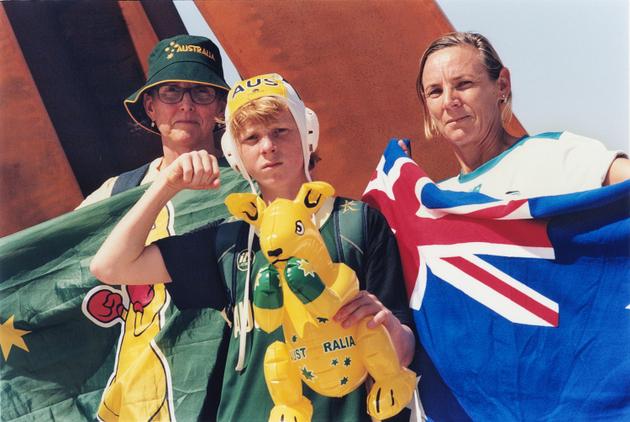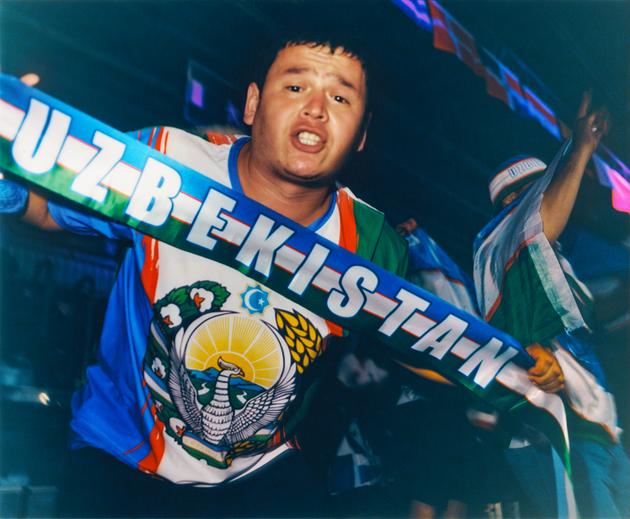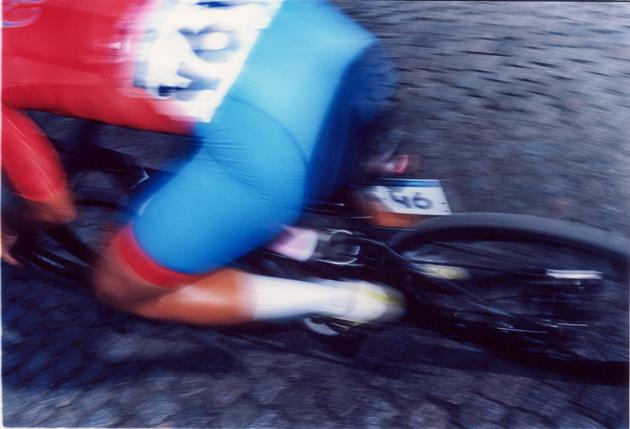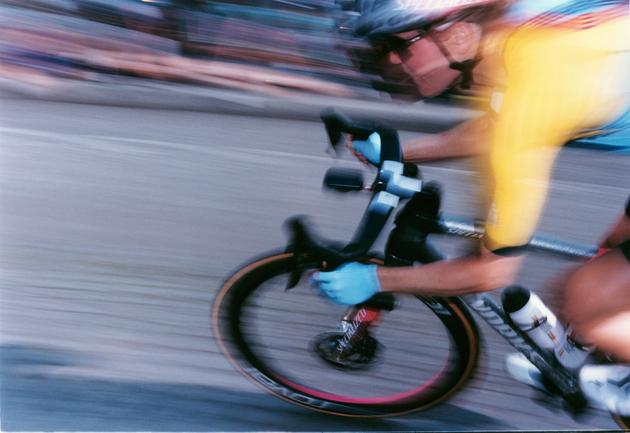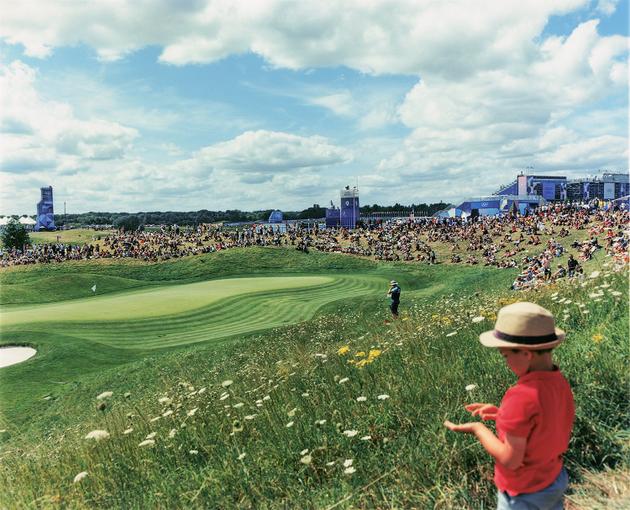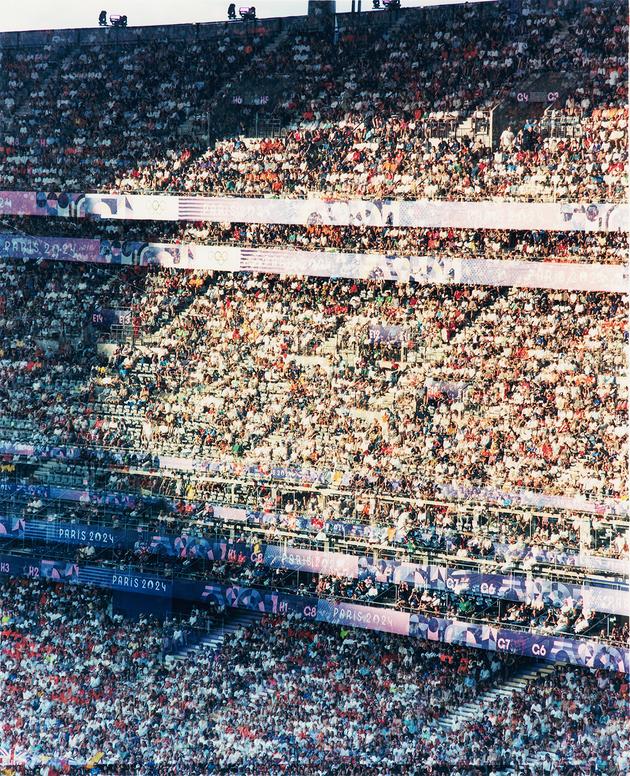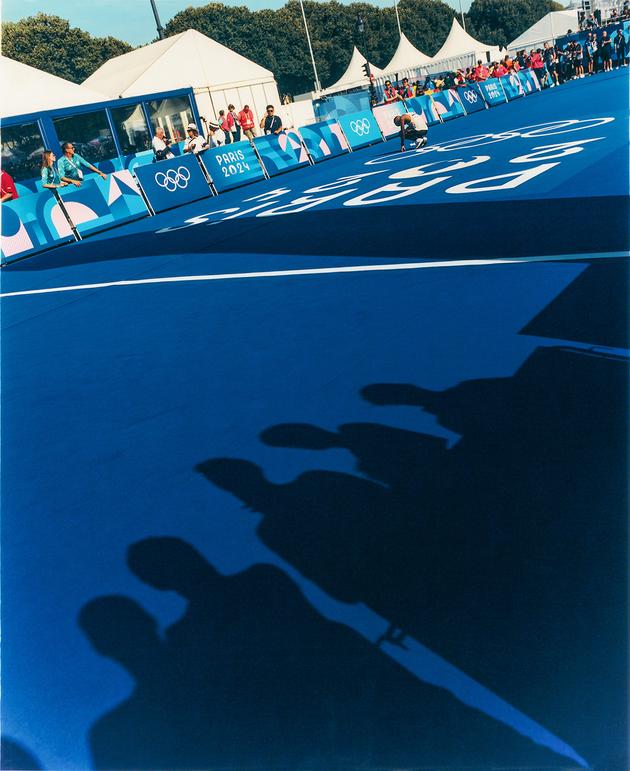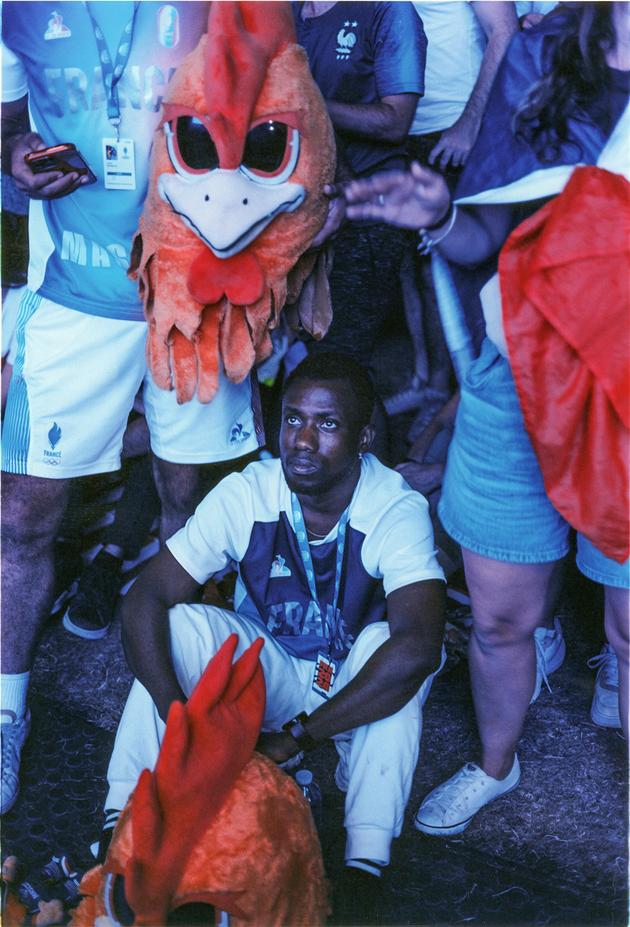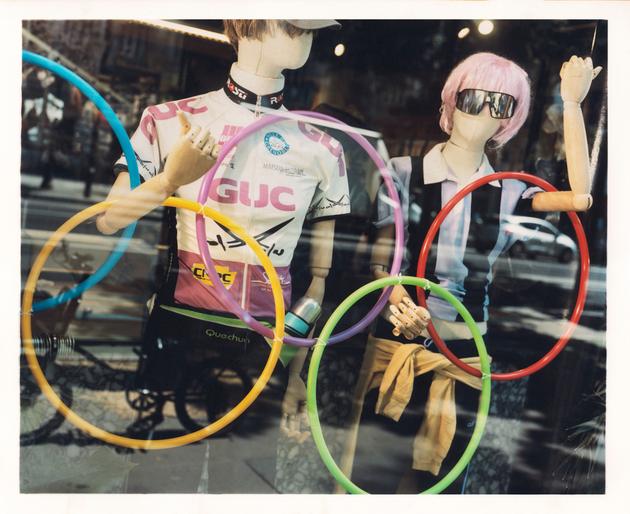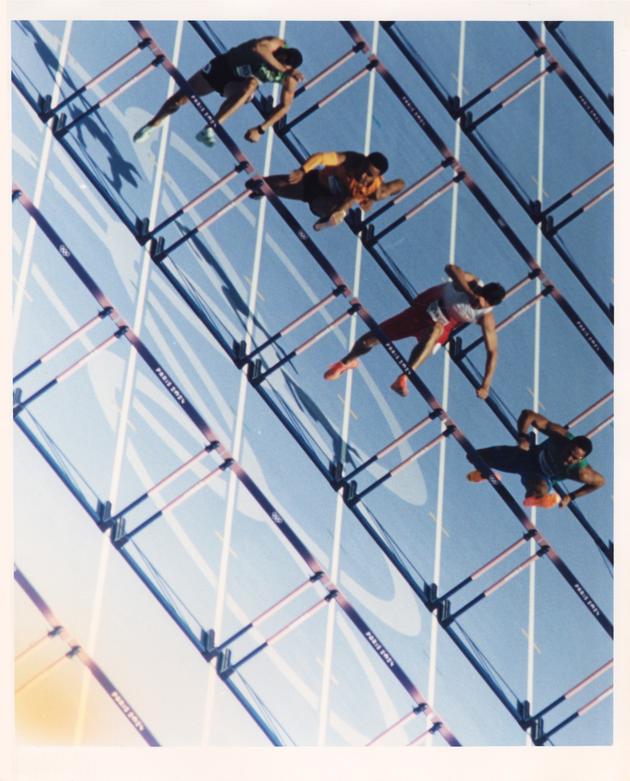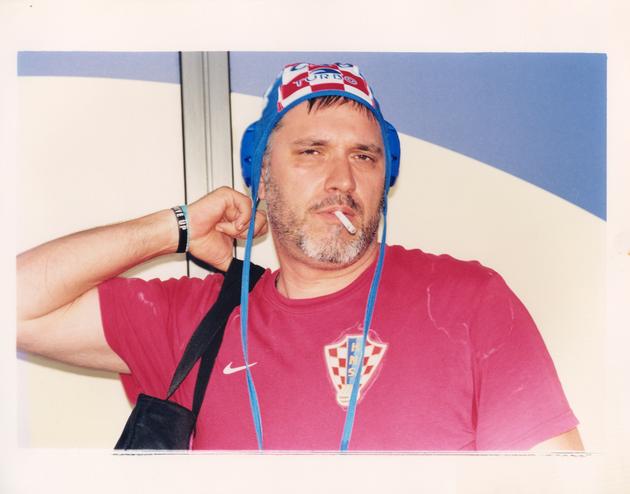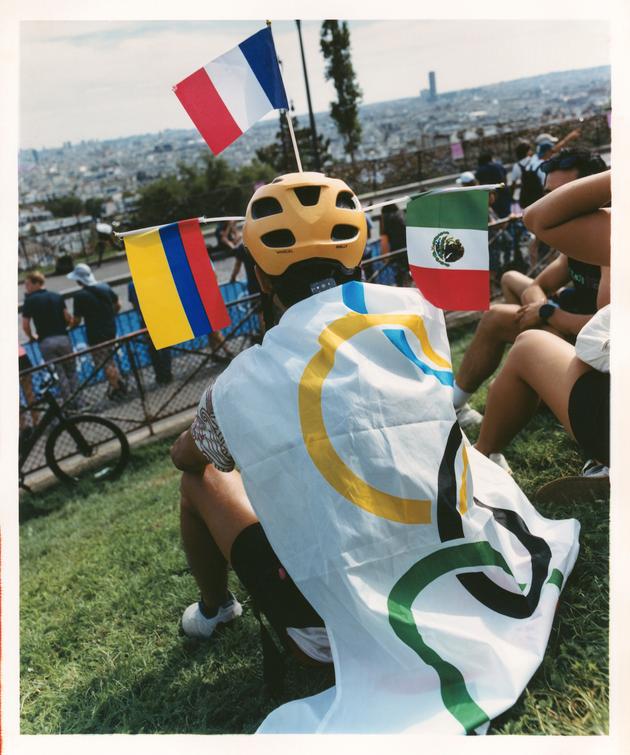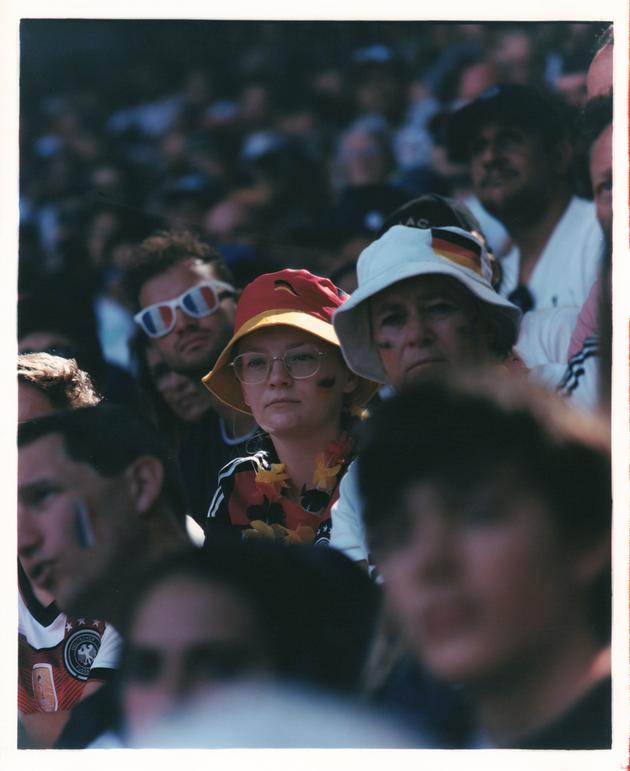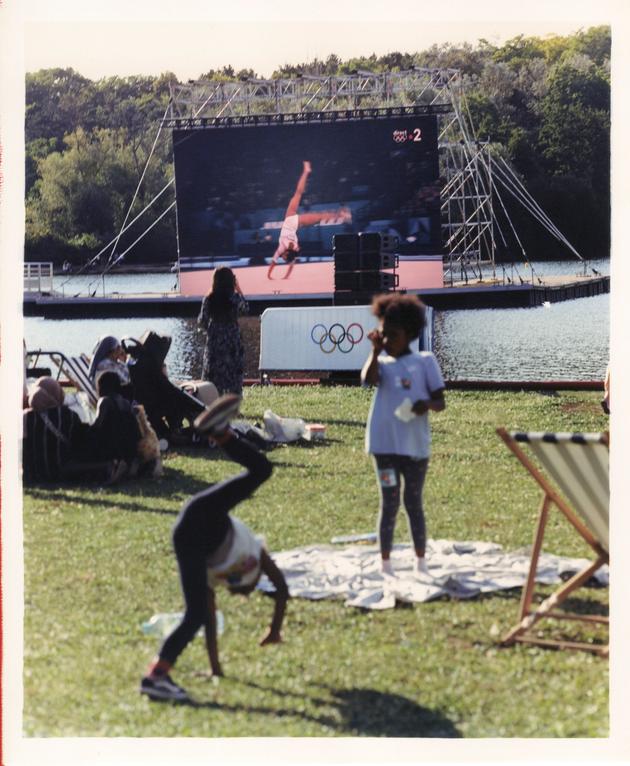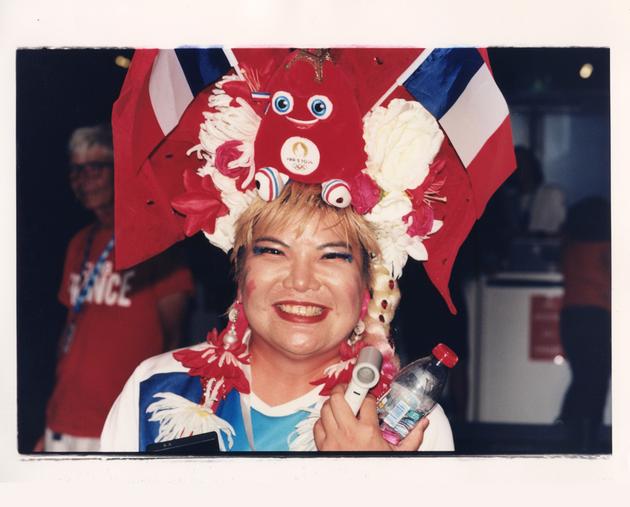

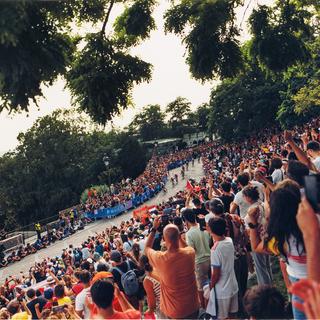
Paris' enchanted Olympics, through the eyes of photographer Louis Canadas
GalleryThe Paris 2024 Olympics transformed the capital into an "ideal city," as seen in these photos taken by Louis Canadas, who cycled tirelessly through the city for two weeks to capture the sporting fervor.
Every morning, Louis Canadas got on his cargo bike, stocked with the necessary material, to immortalize a metamorphosed Paris. During the fortnight of the Olympic Games, the 36-year-old photographer, a Parisian originally from Bourges in central France, worked hard to capture the unique atmosphere, concentrating on the fringes of the competition. "The whole city has become an Olympic site," he observed. In the metro and on the street, the many signs was impossible to miss, like in a thrift store window where vintage hoops were arranged in the shape of the Olympic rings.
Iconic Olympic venues such as the Place de la Concorde and the Grand Palais, where athletes from all over the world were greeted by enthusiastic fans, delighted those with tickets to the competitions. Others enjoyed the free events. "What's incredible is that people weren't fighting, as usual, for the view. They just wanted to be there, to share in the moment, even more than to see it with their own eyes. It gave me chills," said the astonished photographer.
The spectators were exhilarated as they made their way up Rue Lepic toward the Butte Montmartre. In the postcard setting of a Paris straight out of Amélie, Canadas counted no less than three marriage proposals in the space of a few minutes, between two furtive passages of the road cycling events on August 3 and 4.
As the runners passed, shouts and chants erupted. The clamor ordinarily would have made the residents scream, but not here. Canadas recounted the sometimes farcical scenes of tourists and Parisians climbing up window bars to the second floor of buildings. Worried, residents opened their windows to let them hold on.
A transfigured city
There is joy, and sometimes a touch of the zany, in the images taken on film by this sports enthusiast. They capture the emotion of the stadium crowds as they bear witness to the exploits of athletes who were often unknown to them just a few hours earlier. "During the 3,000-meter steeplechase, I saw people crying at Alice Finot's fourth place."
In their own transfigured city, many Parisians metamorphosed into "tourists": a tear on their cheek at the sight of the Olympic cauldron, a cap emblazoned with the "Paris 2024" logo, in front of which friends swooned. Reputed to be grumpy, and more aptly described by Canadas as "a people used to minimizing ecstasy," the French put the cliché to rest.
In these photographs, we also come across some jovial police officers. Most of them, parachuted into Paris from their regions of operation, found themselves as tourists among tourists, giving rise to some bizarre scenes. "One day, I was shooting at the Stade de France. I had parked my bike against a gate at the entrance. When I came back a few hours later, it was gone. My first thought was that it had been stolen. As I made my way toward the police, I noticed a very long line of supporters. The policemen looked very serious and made me get into the truck. They then explained that, for security reasons, as they couldn't access the contents of my cargo, my bike had been taken to the bomb squad 10 kilometers away. I had blocked over 4,000 people from entering the stadium. Instead of lecturing me or punishing me, an officer joked with me about the situation."
On the evening of August 11, at Club France in La Villette, northern Paris, the fan epicenter that welcomed a total of 600,000 people, he observed scenes of farewell between visitors and law enforcement, the time for a final souvenir photo. Aware of the ephemeral nature of these moments, with no illusions about this artificial paradise from which the homeless were excluded, the photographer was nonetheless delighted to have caught a glimpse of an "ideal Paris."
The day after the closing ceremony, after two weeks that felt like "both 24 hours and four months," Canadas recalled a "place we'll never be able to go to again." He confessed that he too was feeling what others have called "nostalJO": He's got "the Olympic blues."

